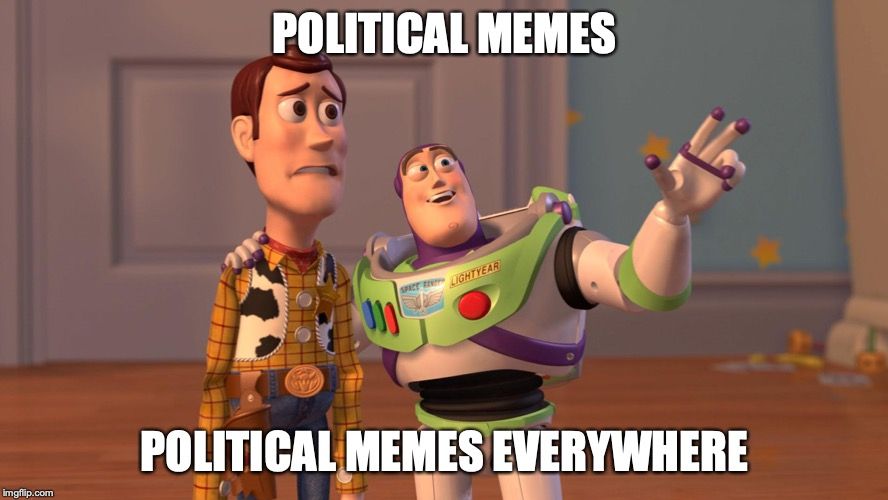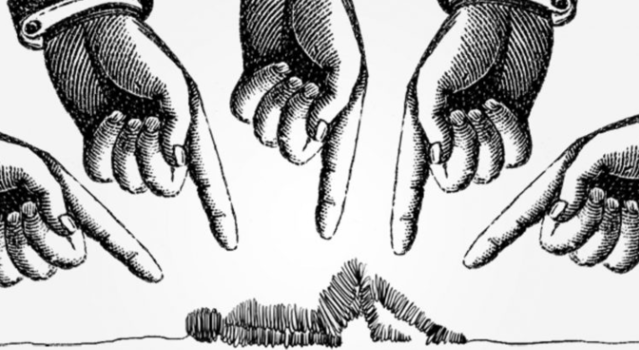
Engaged Reading Digest: Memes, cancel culture and baby Yoda
Memes aren't just juvenile fun - they're a potent weapon in the political armory, and we have to start taking them seriously.
It's time we started taking memes seriously. They are, in Dawkins' original conception, ideas that spread and replicate like viruses. And while they have their roots in humour, it's clear that they are a principal tool of political influence online.
The journalism world needs to find a way of interacting with this culture, without always falling back to the po-faced "debunk or explain" approach. And here's why:
Recruited to the alt-right by memes
Absolutely chilling first par:
When I was 13, I was convinced that Jews controlled global financial networks and that black Americans committed homicide at a higher rate than whites. I believed that the wage gap was a fallacy fabricated by feminists, and I was an avid supporter of the men’s rights movement. I accepted all of the alt-right maxims I saw as a Reddit moderator, despite my Jewish upbringing in a liberal household with a tight-knit family that taught me compassion, empathy, and respect for others.

How memes became weaponised
And this makes a lovely follow-on to the last, exploring how memes have become one of the fundamental weapons in the culture war.
The social status roots of cancel culture
Fascinating five point summary of the psychological attractions of cancel culture — it's all about acquiring social status and defining enemies. For example:
One approach to [social] elevation is to do something good. But doing something good requires effort and the possibility of failure. Fortunately, another option exists: Broadcasting the bad behavior of others. This method works because social status is relative. One person losing social rank is the same as another gaining it.

So, yes, if you're "cancelling" people, you are contributing to the current political polarisation in search of enhanced social status - even if you don't realise that's what you're doing.
The mess of Meme Law
Warning: spoilers follow for a forthcoming Star Wars thing not yet available in the UK. Proceed at your own risk.
Most GIF usage probably falls under fair use / fair dealing. But it might be a copyright violation. And some hosting companies get nervous when the big corps — like Disney — are involved.
This is another example of the law lagging technology.

Sign up for e-mail updates
Join the newsletter to receive the latest posts in your inbox.














